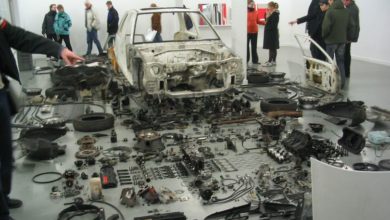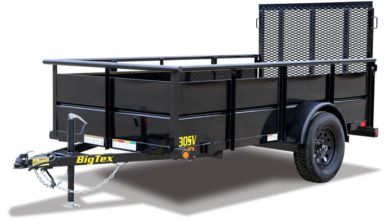
After a car accident, you have the right to seek compensation for the injuries and damages you incurred from the collision. This money is primarily meant to cover the medical expenses required for a full recovery, along with compensating for lost wages, and repairing damages to your vehicle and other property. Still, it can be tempting to simply pocket the cash provided to you by your insurer, instead of getting the necessary repairs performed on your vehicle. This is especially true if the vehicle is still operable following the collision. Though there is no penalty for keeping the cash, this isn’t a wise choice, and it could leave you in a worse position later down the road.
Can I Keep My Claims Check?
No rule explicitly prohibits you from keeping your compensatory funds given by your insurer for your own purposes apart from getting the necessary repairs for your vehicle. You can choose to cash your insurance check if that is your prerogative, although it is not a wise decision. If your vehicle suffered damages in a collision and you neglect to have them repaired, you will most likely be unable to have any worsening symptoms of those damages resolved later on.
For example, if you continued operating your vehicle after an accident because it seemed fine, but in reality, there was an undetected issue with the wheel assembly, your insurer is not obligated to cover those repairs later down the line. If you were to have your vehicle seen right away and additional damages were found, then your insurer would be more likely to assist you with the costs. However, delayed service merits suspicion and the insurance company will rightfully question whether the damages in question were brought about by either your negligence or the collision.
The Choice May Not Be Yours to Make
Keep in mind that the choice to keep your claims check for yourself is dependent on two primary factors:
- Fine print in the insurance contract addressing the distribution of funds for compensation.
- Whether you fully own your vehicle, as opposed to financing or leasing it.
Individuals who do not hold full ownership of their vehicles are unlikely to have the opportunity to even consider keeping the check for themselves. Many lenders and dealerships will require that you list their institution as a “loss payee” on your auto insurance policy, resulting in the funds being disbursed to them instead of you. In some instances, the funds may be split between you and your lender. Most lenders require that you spend the funds on repairs exclusively, and you could face serious legal consequences for neglecting to comply with your contract.
Your auto policy will also explicitly address the distribution of funds. For instance, the fine print may explain that funds for compensation are paid to auto repair shops through strategic partnerships, bypassing you as the vehicle owner completely.
If you are hesitating on how to use the compensation awarded to you, consult a car accident attorney. They will explain to you in detail the pros and cons of how to spend the funds awarded to you, and protect you from unknowingly committing insurance fraud or other breaches of the contract by misuse of your funds.






